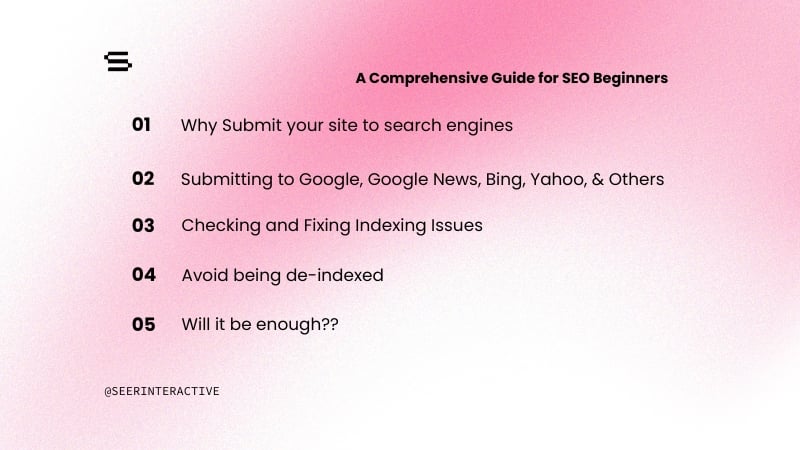So we all hate not provided, which if you need some background go here.
I will tell you, since SEER’s inception we have always wanted to track our impact down to leads / sales. Before there was a such thing as a Google Analytics API, we were getting reports with attachments emailed to a “special” email address, stripping that attachment out, and dumping its data into a DB so we could show clients weekly that we were driving more than rankings, we were driving leads or sales.
Now that not provided is here, there is one big thing that SEO’s haven’t said about it which should help us more than it hurts us. That is a more holistic and broad view of our impact on client objectives. Think about it SEO’s of the world, how long were we knowingly under-reporting our impact? Since the inception of meta data huh? It’s a known fact that people don’t search unbranded search and then convert directly on many decisions. Very often, people start unbranded and continue on to eventually search on brands. Yet how often were we reporting on unbranded traffic separate from branded traffic pre-not provided, I know we did, even though we knew full well that some of that branded traffic was because of our work! Sure funnels came along, but I am still not sold on attribution models 100% yet, and even if I was ask 99% of businesses what attribution is, and they are going to have a blank stare.
Sure now there are some sites where this doesn't work as well, some bigger clients invest a lot in their brand and as such we can’t take credit for a decent chunk of their branded search. However I have found that is the exception not the rule always.
There was occasionally one or two clients who had attribution setup to figure this out, but again VERY few had a system like that in place that was consistently somewhat believable. I remember the day my jaw hit the ground when one of our clients told me that we had under reported our revenue impact by the tens of thousands after they installed a reliable and robust attribution system. They went on to discuss about how their phone tracking helped them catch a 5k+ retail sale that originated with SEO but resulted in a phone call, which we never knew.
I think the fact that we could separate out every single keyword brand versus unbrand for instance led us as a community to take a very myopic view of our impact on clients. It also got us thinking SMALL. Think about it yourselves, when you search for something, if you see a rich snippet of an author you know, are you more likely to click? If you see a brand where you have shopped before and liked the experience are you more likely to buy again? So how do you attribute the fact that the customer service team's handling of a situation made a user more likely to buy the next time they see you in the SERP for an unbranded keyword? I guess you can start to see the rabbit hole I am starting to take you down.
This is not an attempt to run from accountability, but to remind those of us who still call ourselves SEO's that we have a bigger impact on a lot more than "unbranded search" that is not trackable, even when they take away our beloved unbranded keyword traffic and ranking reports.
In many ways, "Not Provided" is a GIFT (trust me I hate it too, like I can no longer tell how many more people search for me or SEER after a marketing piece or conference making it harder for me to make decisions about where to present and what content resonated), but overall I like the fact that "not provided" has me thinking wow, I should track referrals and sales from my digital assets, how can I build an asset that drives sales, or brand engagement?? And then links. Its not always a 1-2 punch, but its the challenge that me and the SEER team are up for.


